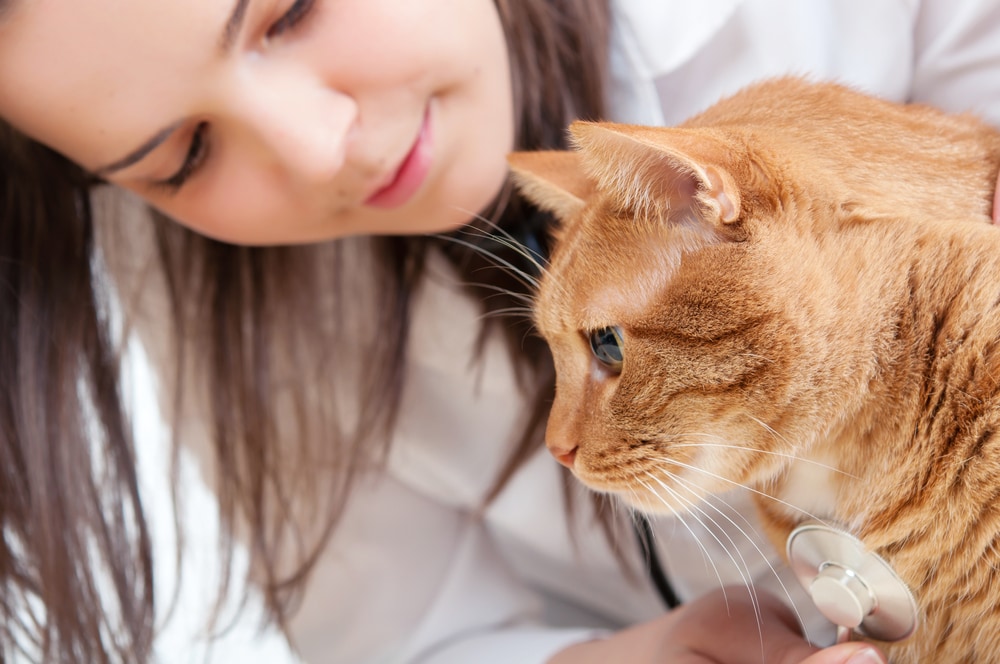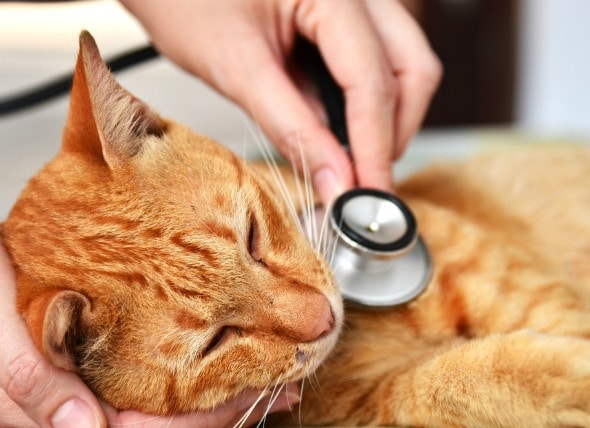lymphoma in cats blood work
There are other causes and complications but they are comparatively rare in cats. Due to the cells traveling through the body this is considered a serious systemic disease in cats.

Lab Work But My Cat Isn T Sick Why Preventive Care Labs Matter Just Cats Clinic
The scientific term for an elevated lymphocyte count is lymphocytosis.

. Cats with lymphoma will show general signs of illness with a dull coat lethargy and changes in appetite being common symptoms. Lymphoma is the name for a group of different blood cancers which are related to both the feline leukemia virus and the feline immunodeficiency virus FIV. However lymphoma more commonly arises from other tissues in the body.
This term describes lymphoma that affects the gastrointestinal tract. It is a cancer of the lymphocytes which are white blood cells that are part of the immune system. Feline lymphoma is one of the most common types of cancer in cats and can be divided clinically and histopathologically into lymphocytic low-grade small cell lymphoma.
My cat had an abdomen ultrasound done yesterday and the vet said they saw thickened stomach wall with adjacent lymph node enlargement and they suspect large cell lymphoma fungal infection or less likely severe localized gastritis. Other noncancerous diseases are diagnosed. Lymphoma is found to be responsible for around 90 percent of blood cancers and account for about 33 percent of all tumors in cats.
You may also need blood tests and. They are usually quite ill and the symptoms can be dramatic. Cat Lymphoma When To Euthanize Our Opinion Lymphoma in cats is an invasive disease that can deeply impact a cats life.
Intestinal lymphoma is the most common form of lymphoma in cats. Routine blood work and ultrasonography. The recommended treatment for HGAL is a multiagent chemotherapy protocol.
Cases usually present with reduced appetite and weight loss. 8 Approximately 50 to 65 of cats will respond with 30 having a complete response. These cases invariably present with a degree of renal failure.
Generally a lymphoma diagnosis requires a lymph node biopsy. Diagnosis is best made on a fine needle aspirate of an enlarged kidney. Lymphoma can occur in many areas of the body including the gastrointestinal tract.
Lymphoma is the abnormal proliferation of lymphocytes which are one of the main types of white blood cells involved in immunity. Lymphoma may involve neoplastic proliferation of T or B or non-Bnon-T type lymphocytes occurring primarily in the bone marrow lymph nodes and visceral organs. My cat was recently diagnosed with hyperthyroidism and we just got the blood work back which are all normal.
It may arise in lymphoid tissues such as lymph nodes spleen and bone marrow. Diagnosing Lymphoma In Cats. Single-agent lomustine can be used in cats that do not tolerate frequent injections or whose owners wish to keep costs down.
After the physical exam your vet will recommend other diagnostic tests. Changes in drinking and urination habits can be a sign of renal lymphoma. Lymphoma is a cancer of the white blood cells.
Blood work can be useful for diagnosing feline intestinal lymphoma. Often an owner identifies a large intra-abdominal mass that is actually the enlarged left kidney. After a thorough diagnostic worku.
During this test a doctor removes a sample of your lymph node and checks it for cancer cells. Physical exam findings may be normal though thickened intestines or abdominal masses may be felt. There are two forms of lymphocytes.
Your veterinarian may perform diagnostic blood work and x-rays to get a full picture of what your cat is facing but will require more to give you an exact answer. Ascertain if the malignancy has progressed to the bone marrow. B and T cells.
The history clinical signs and results of blood work and imaging for these conditions are nonspecific and often overlap. Common sites of lymphoma in cats include. Iopsy and sometimes additional testing is required for definitive diagnosis.
Inflammatory bowel disease IBD and small cell lymphosarcoma SCLSA are common causes of chronic gastrointestinal GI tract disease in cats. A complete blood count CBC is a routine blood test that your doctor may recommend to. This is by far the most common type of lymphoma in cats accounting for 50-70 of feline lymphoma cases.
Observe how a patients body responds to cancer therapy. They are found throughout the body and are responsible for helping the body fight off infections. The most common type of lymphoma- gastrointestinal lymphoma- affects the gastrointestinal tract so causes weight loss diarrhoea and vomiting.
Aside from fine needle aspiration or potential biopsy is the need for diagnostic blood work as its important to rule out any other causes that could be leading to the cats. In many cases the underlying cause of feline lymphoma cannot be determined. Lymphoma in cats is a cancer that effects the lymphocytes.
Lymphoma is one of the most common types of cancers found in cats. The history clinical signs and results of blood work and imaging for these conditions are nonspecific and often overlap. Over time it can grow large.
Allow your vet to take blood samples. Renal lymphoma appears to be a disease of the older cat. Clinical signs of lymphoma in the gastrointestinal tract include weight loss vomiting diarrhea and often either a decreased or increased appetite.
Bloodwork is likely to be normal in cats with gastrointestinal. Lymphoma In Cats Atlantic Veterinary Internal Medicine. Diagnosis of some blood malignancies such as leukemia and lymphoma.
Your cat must have signs of chronic GI disease. Lymphoma is one of the most common cancer in cats. The history clinical signs and results of blood work and imaging for these conditions are nonspecific.
Feline lymphoma is one of the most common types of cancer in cats and can be divided clinically and histopathologically into lymphocytic low-grade small cell lymphoma. The only way to accurately diagnose lymphoma in cats is by identifying the cancerous cells under microscopic examination. For example your vet will use a blood sample to test your cat for feline leukemia FeLV and feline immunodeficiency virus FIV.
It is most common in senior cats with the average age at diagnosis ranging from 9-13 years old. Lymphoma is one of the most common types of cancers found in cats. Blood work can be useful for diagnosing feline intestinal lymphoma.

Treating A Low White Blood Cell Count In Cats Petcarerx

Glomerulonephritis In Dogs And Cats Veterinary Partner Vin Dog Cat Body Protein Chronic Inflammation
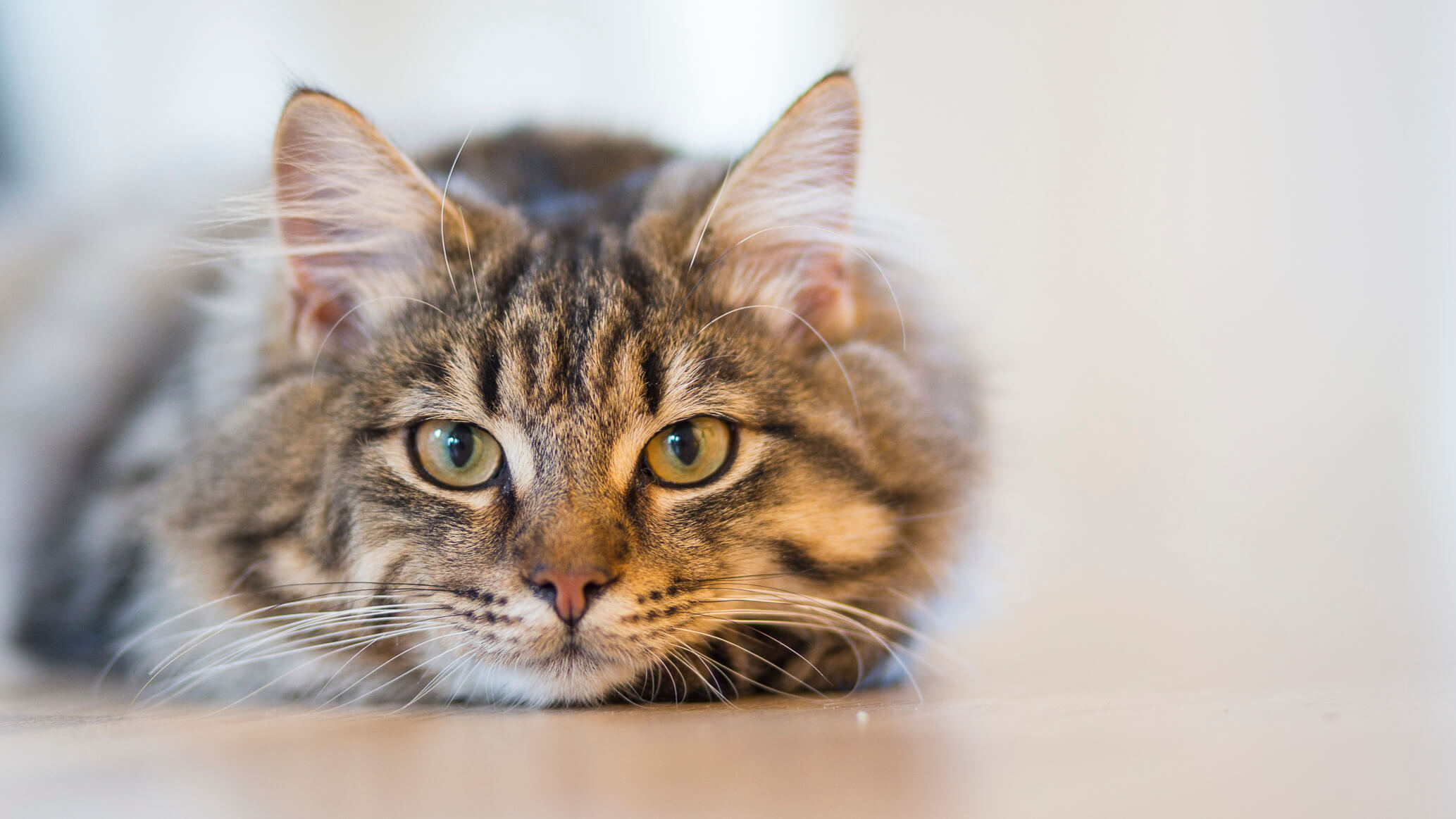
4 Types Of Cat Cancer And Their Common Symptoms Rau Animal Hospital

My Cat S Lymphocytes Are High Understanding Lymphoma In Cats Cats Cat Garden Feline

Greyhounds Veterinary Tech Greyhound Vet Medicine

Pin By Toni Robinson On Fur Babies Lymphoma Pet Cancer Cancer Fighting
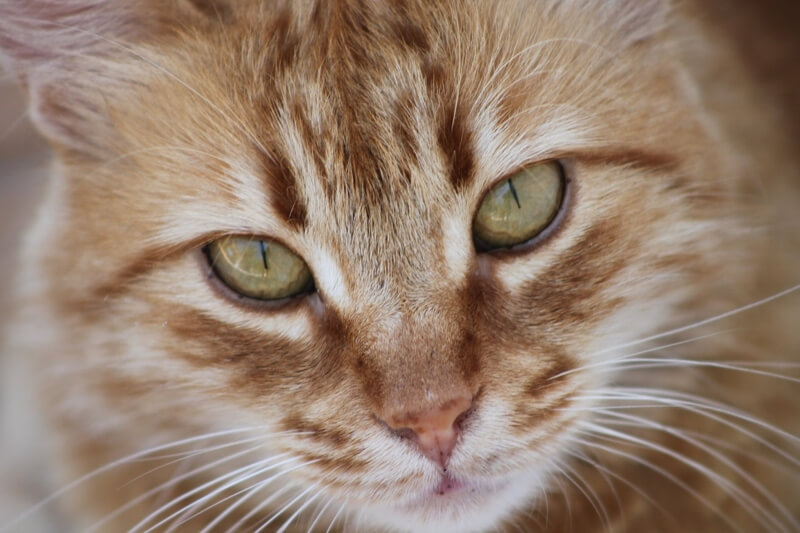
Understanding Lymphoma In Cats

Pin On Because Pets Can Have Specialists Too

Fur Everywhere Feline Infectious Peritonitis Fip A Guest Post Cats Cathealth Fip Cat Training Puppy Training Family Pet

What Is A High White Blood Cell Count In Cats Petcarerx

Professional Pet Supplies Products Accessories And Equipment Online In 2022 Pets Wellbeing Nutritional Supplements

Blood Tests For The Cat With Lymphoma Download Table

Causes And Risks Of Cat Lymphoma And Leukemia Vlog 97 Youtube
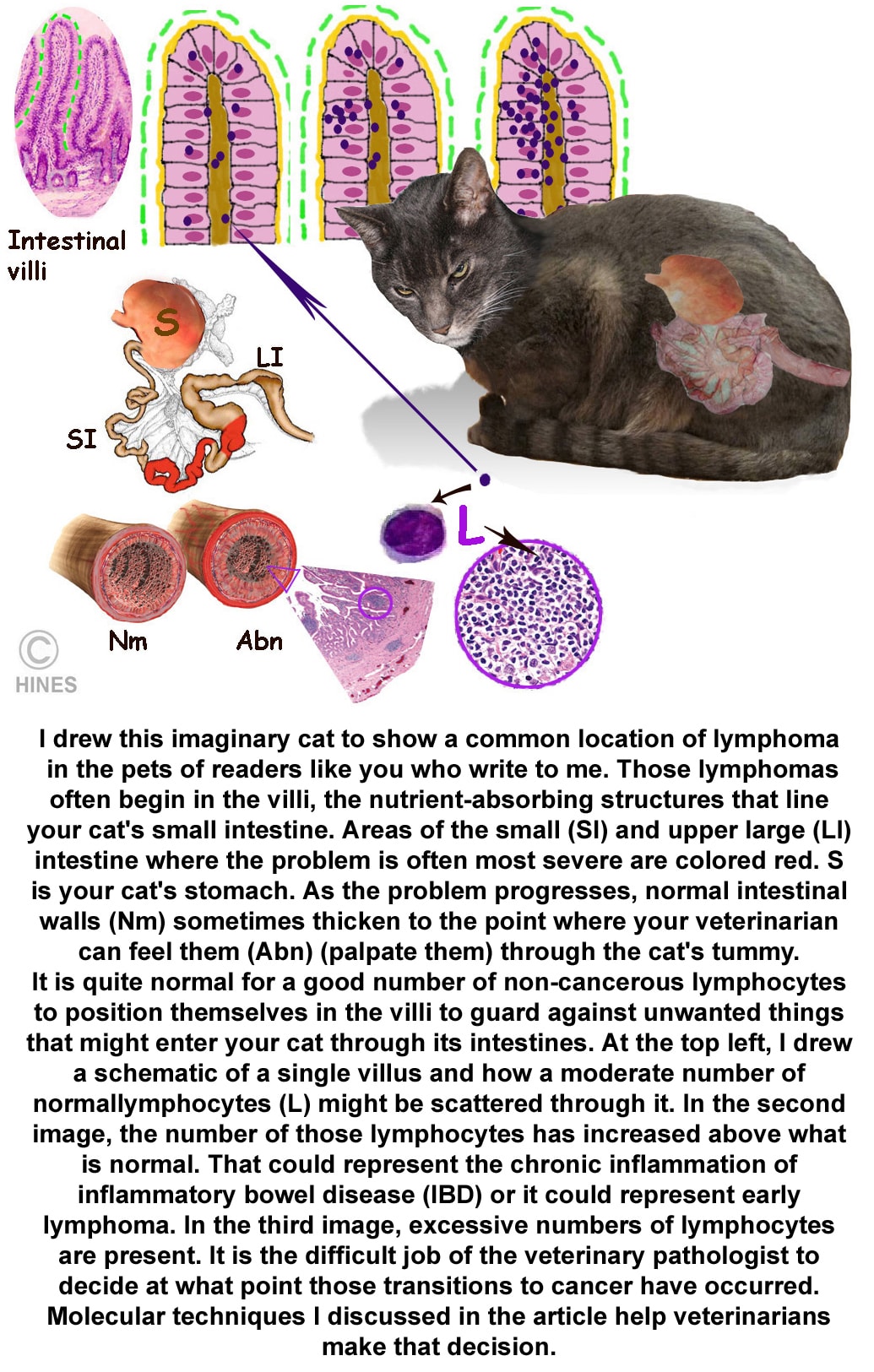
Lymphoma In Your Cat Ron Hines Vetspace 2nd Chance The Animal Health Website
/high-angle-view-portrait-of-ginger-cat-sitting-on-street-592357499-5910d5235f9b58647048030d.jpg)
